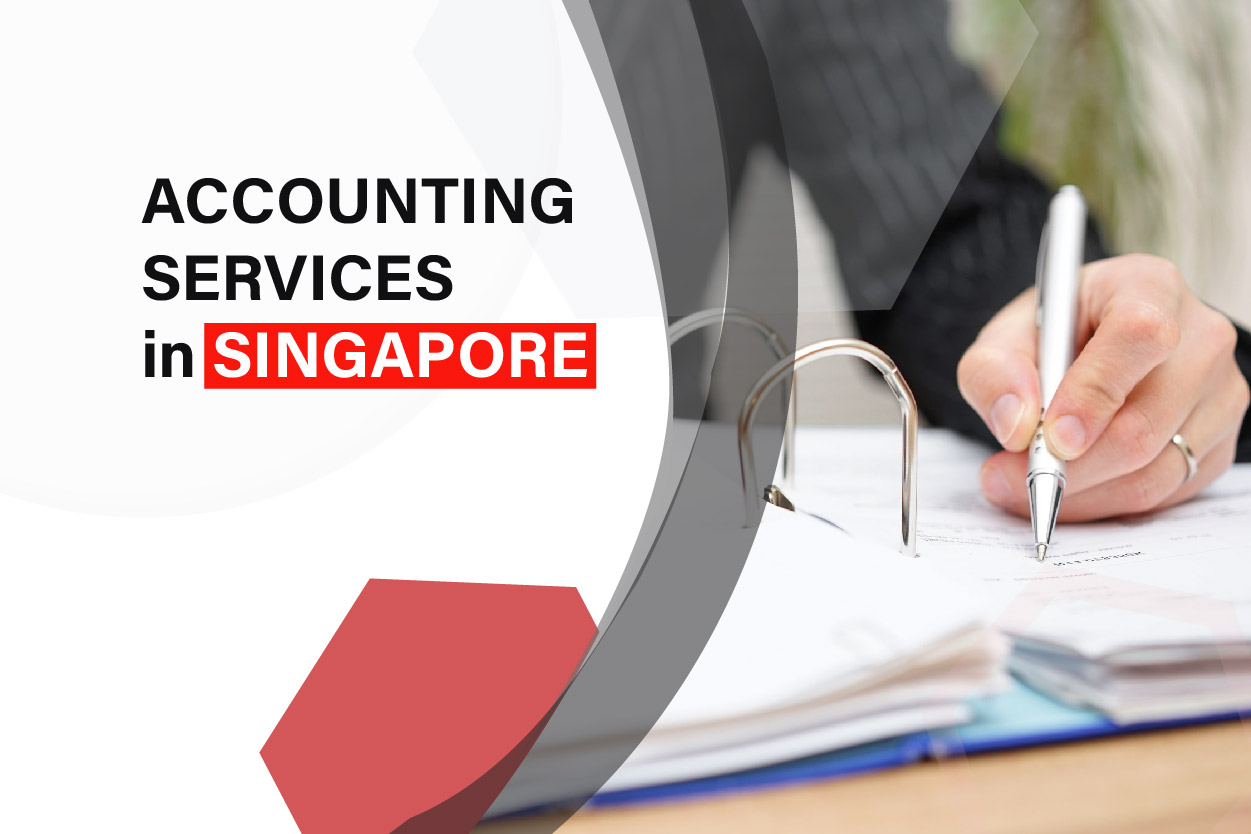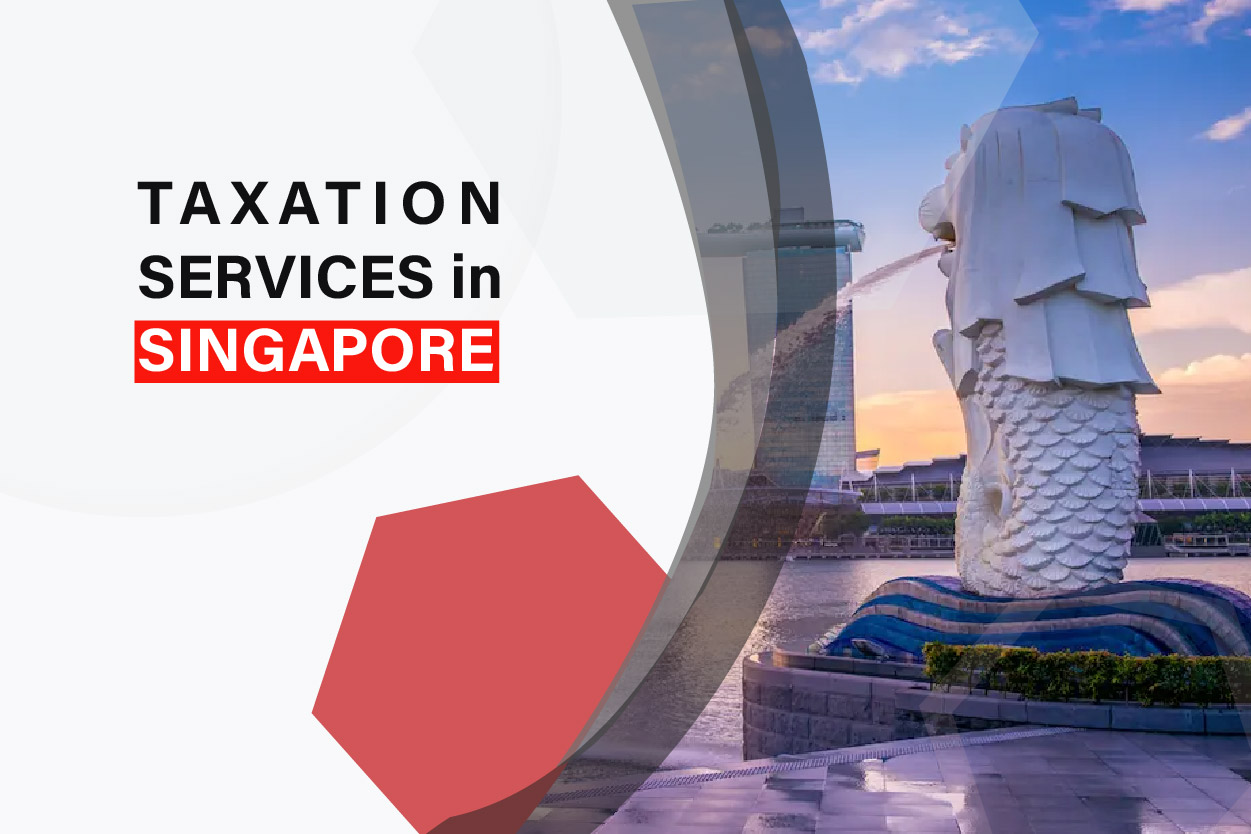Unlocking the Essentials of Goods and Services Tax (GST) in Singapore: A 2023 Guide for Businesses
Singapore's dynamic business landscape is underpinned by a robust tax system, and at the heart of it lies the Goods and Services Tax (GST). As we venture into 2023, it's imperative for businesses, both established and burgeoning, to grasp the nuances of GST. In this comprehensive guide, we unveil the intricacies of GST, dissecting its implications for businesses across the spectrum.
Decoding Goods and Services Tax (GST)
Goods and Services Tax, often referred to as GST, is a consumption tax that Singapore introduced back in 1994. This tax system was modeled after the VAT in the UK and the GST legislation in New Zealand. Administered by the Inland Revenue Authority of Singapore (IRAS), GST is levied on the supply of goods and services and the importation of goods into Singapore.
The concept of GST is simple yet impactful. It's an indirect tax that's added to the bill for goods and services provided by GST-registered businesses in Singapore. Consider Danny's visit to Store ABC, where he purchases a phone for $1,000. Since Store ABC is a GST-registered business, the total bill will amount to $1,080 due to the 8% GST tax added to the total bill.
It's crucial to note that GST is charged to end consumers, not businesses. Consequently, it doesn't become a cost for the company; instead, it acts as a collecting agent on behalf of IRAS.
Is your business required to register for GST
One pressing question often faced by businesses in Singapore is whether they need to register for GST. Unlike some countries, Singapore does not automatically register companies for GST. Instead, businesses that meet specific criteria must initiate the registration process with IRAS. It can either be compulsory or voluntary registration.
Compulsory Registration for Goods and Services Tax
Compulsory GST registration can be viewed retrospectively or prospectively:
1. Retrospective View: If your taxable turnover at the end of the calendar year surpasses SG$1 million, you are obliged to register for GST before 30 January of the following year. From 1 March onwards, your company is officially designated as a GST-registered business. Failing to submit the GST application to IRAS within 30 days may result in penalties.
2. Prospective View: If you anticipate that your sales, including contracts and agreements signed for the year, will reasonably exceed SG$1 million in turnover for the next 12 months, you must also initiate GST registration. Meeting this criterion obliges your business to undergo the registration process.
Voluntary Registration for Goods and Services Tax
On the flip side, businesses can opt for voluntary GST registration. However, this path comes with additional conditions:
- The business must remain registered for at least two years.
- Compliance with GST regulations, including filing GST returns quarterly.
- Maintenance of all records for a minimum of five years, even if the business ceases and deregisters.
- Depending on IRAS, additional conditions may be imposed.
The decision to voluntarily register for GST is often strategic. Businesses might opt for this route when planning significant changes, such as expanding their sales department or launching large-scale promotions.
Exemption from Registration - Zero-Rated Supplies
Some businesses exclusively deal with zero-rated supplies, making them exempt from GST registration. Even if their taxable turnover surpasses the GST registration threshold, they are not mandated to register for GST. In such cases, these businesses can apply for an exemption from registration, thereby sidestepping the administrative requirements associated with GST registration and subsequent filing.
IRAS grants this exemption when one of the following conditions is met:
1. Over 90% Zero-Rated Supplies: If more than 90% of the business's taxable supply is zero-rated.
2. Input Tax Exceeds Output Tax: When the input tax (GST paid on purchases) is greater than the output tax (GST collected on sales).
Zero-Rated Supplies: Unveiling the Essentials
Zero-rated supplies encompass two categories:
1. Providing International Services: Services classified as international services fall under the zero-rated supplies category, provided they align with the provisions outlined in Section 21(3) of the GST Act. Depending on the nature of the services, determining the client's belonging status might be necessary before they can be considered zero-rated.
2. Exporting Goods: When you are certain that goods supplied will either be exported or have already been exported at the point of supply, a 0% GST rate can be applied. To support this zero rating, specific documents are typically required as evidence that the goods are indeed intended for export.
GST Deregistration Deregistering for GST becomes an option under several circumstances:
1. Ceasing Business Operations: If your business ceases operation, you can initiate the GST deregistration process. This should be done within 30 days from the date of cessation, with the necessary supporting documents submitted to IRAS.
2. Business Sale: When your business is sold as a whole to another entity, GST deregistration is an option. This also necessitates the submission of supporting documents within 30 days of the sale.
3. Revenue Below SG$1 Million: If your business revenue falls below SG$1 million, you can choose to deregister for GST.
Types of Goods and Services Subject to GST
GST applies to taxable supplies, which include goods or services provided within Singapore and catered to the Singaporean market. Exempt supplies, on the other hand, are spared from GST. Taxable supplies can fall into two categories: standard-rated at the prevailing rate of 8% in 2023 or zero-rated.
Here's an illustrative breakdown of various types of goods and services concerning their GST tax rate:
- Food & Drinks (8%): GST is levied on food and drinks consumed within Singapore.
- Clothes (8%): When purchasing clothes in Singapore, an 8% GST applies.
- Corporate Services in Singapore (8%): Corporate services rendered by a Singapore GST-registered company to a Singapore-based client are subject to an 8% GST.
- International Corporate Services (0%): Services provided by a Singapore GST-registered company to clients located outside of Singapore fall under the zero-rated category.
- Export Goods (0%): Goods intended for export purposes are taxed at a 0% GST rate.
- Private Transactions (Out of scope): Transactions between individuals do not fall within the scope of GST.
- Third Country Sales (Out of scope): Sales of goods originating from a location outside of Singapore to another place beyond Singapore's borders are out of scope for GST.
- Sales and Lease of Residential Land (Exempted): Transactions involving residential land in Singapore are exempt from GST.
- Financial Services (Exempted): Loans, interests, and fees associated with financial services provided by financial institutes are exempted from GST.
Implementing GST in Your Business
Businesses employ different approaches when implementing GST:
- Charging GST on Top: Many businesses add GST on top of their selling price.
- Absorbing GST: Some businesses choose to absorb the GST by considering the selling price as GST-inclusive.
Filing GST Returns: A Compliance Guide
To file GST returns efficiently, businesses can utilize the electronic filing system available on the IRAS website. GST-registered businesses typically file returns quarterly, unless otherwise specified by IRAS.
In your return, you must report the total values of local revenue, exports, purchases from GST-registered entities, GST collected, and GST claimed during the accounting period. Promptness in filing is crucial, as late submissions may incur penalties.
Moreover, GST payments are due within one month after the end of the prescribed accounting period. Timely payment is imperative to avoid additional penalties.
Navigating GST Schemes: Easing Business Cash Flow
In Singapore's dynamic business landscape of 2023, understanding the Goods and Services Tax (GST) schemes available can be instrumental in managing your business's cash flow. Here, we explore various GST schemes designed to assist businesses, enhancing their financial flexibility.
Cash Accounting Scheme
This scheme offers respite to small businesses by altering the tax accounting process. Under the Cash Accounting Scheme, businesses only need to account for output tax when payment is received. This approach aligns tax obligations with actual cash flow, lessening the burden on smaller enterprises.
Discounted Sale Price Scheme
Businesses involved in the sale of second-hand or used vehicles benefit from this scheme. It permits businesses to levy GST on only 50% of the selling price without the need for prior IRAS approval. This provision facilitates smoother transactions within the used vehicle market.
Gross Margin Scheme
Secondhand dealers who procure goods exempt from GST can utilize the Gross Margin Scheme. This scheme enables them to charge and account for GST based on the gross margin, streamlining tax compliance and benefiting businesses in the secondhand goods sector.
Hand-Carried Exports Scheme (HCES)
Designed for businesses seeking to zero-rate supplies to overseas customers for goods carried out of Singapore via Changi International Airport. The HCES simplifies export-related tax procedures, supporting businesses engaged in international trade.
Import GST Deferment Scheme (IGDS)
Approved GST-registered businesses participating in international trade find solace in the IGDS. It allows them to defer GST payments on imports until their monthly GST returns are due, rather than paying GST upfront upon importation.
Major Exporter Scheme (MES)
The MES facilitates GST suspension on non-dutiable goods upon importation and their subsequent removal from zero GST warehouses. It's a boon for businesses engaged in large-scale exports.
Tourist Refund Scheme (TRS)
GST-registered businesses can provide GST refunds to tourists under this scheme, fostering a conducive environment for international tourism-related businesses.
Zero GST (ZG) Warehouse Scheme
Administered by Singapore Customs, this scheme suspends import GST on non-dutiable overseas goods when they enter a ZG warehouse. GST becomes payable only when these goods leave the warehouse and enter the local market.
Final Reflections
The Goods and Services Tax (GST) is a fundamental component of Singapore's taxation system, serving as an indirect tax applicable to the supply of goods and services, as well as the importation of goods.
For businesses, comprehending the nuances of Singapore's GST system is indispensable for seamless operations. However, it's important to note that not all goods and services are subject to GST.
We trust that this guide has provided you with valuable insights and a deeper understanding of GST regulations in Singapore. Mastery of these regulations is paramount for businesses thriving in the vibrant business ecosystem of Singapore.
For personalized Singapore company formation and compliance , contact our experienced consultant team today at info@bcincorp.com
Disclaimer: While Global Offshore Company (G.O.C) endeavors to provide timely and accurate information on this website, the content is intended for reference purposes only. The information presented in this article should not be considered a replacement for qualified legal advice. For personalized guidance on your specific circumstances, we encourage you to reach out to G.O.C's experienced consultants.








